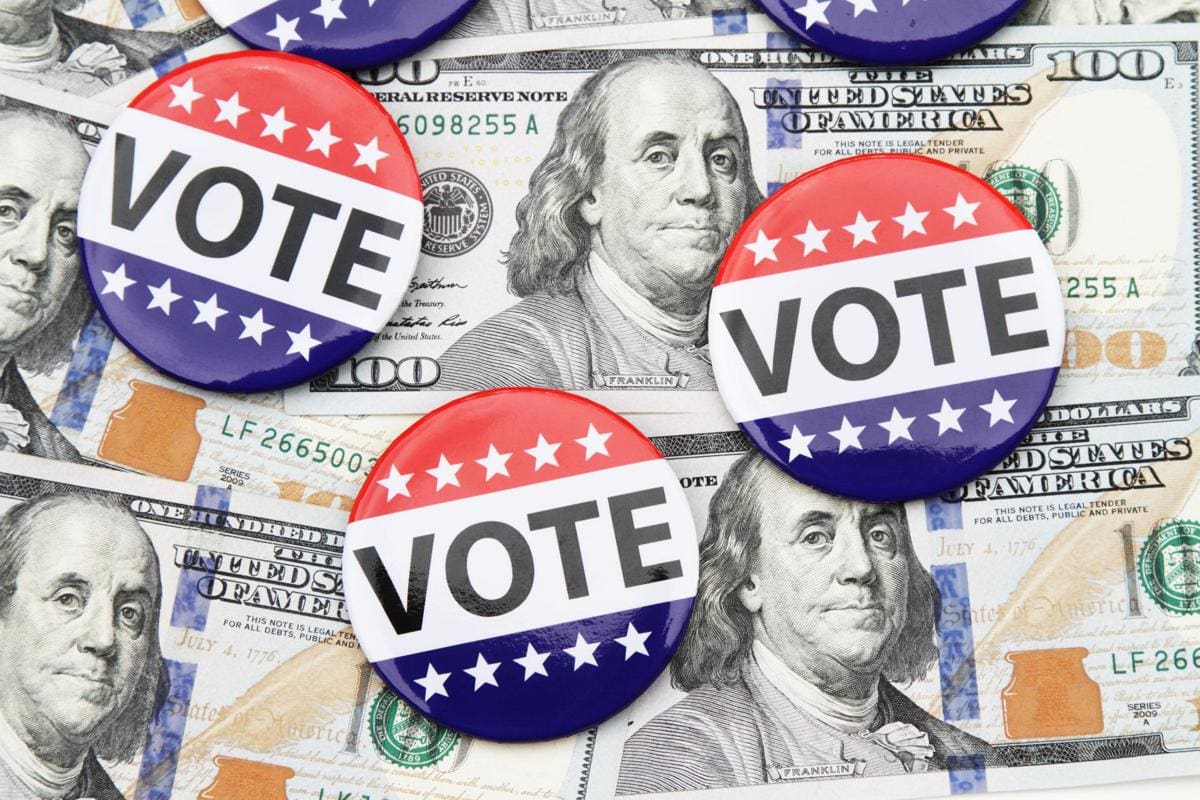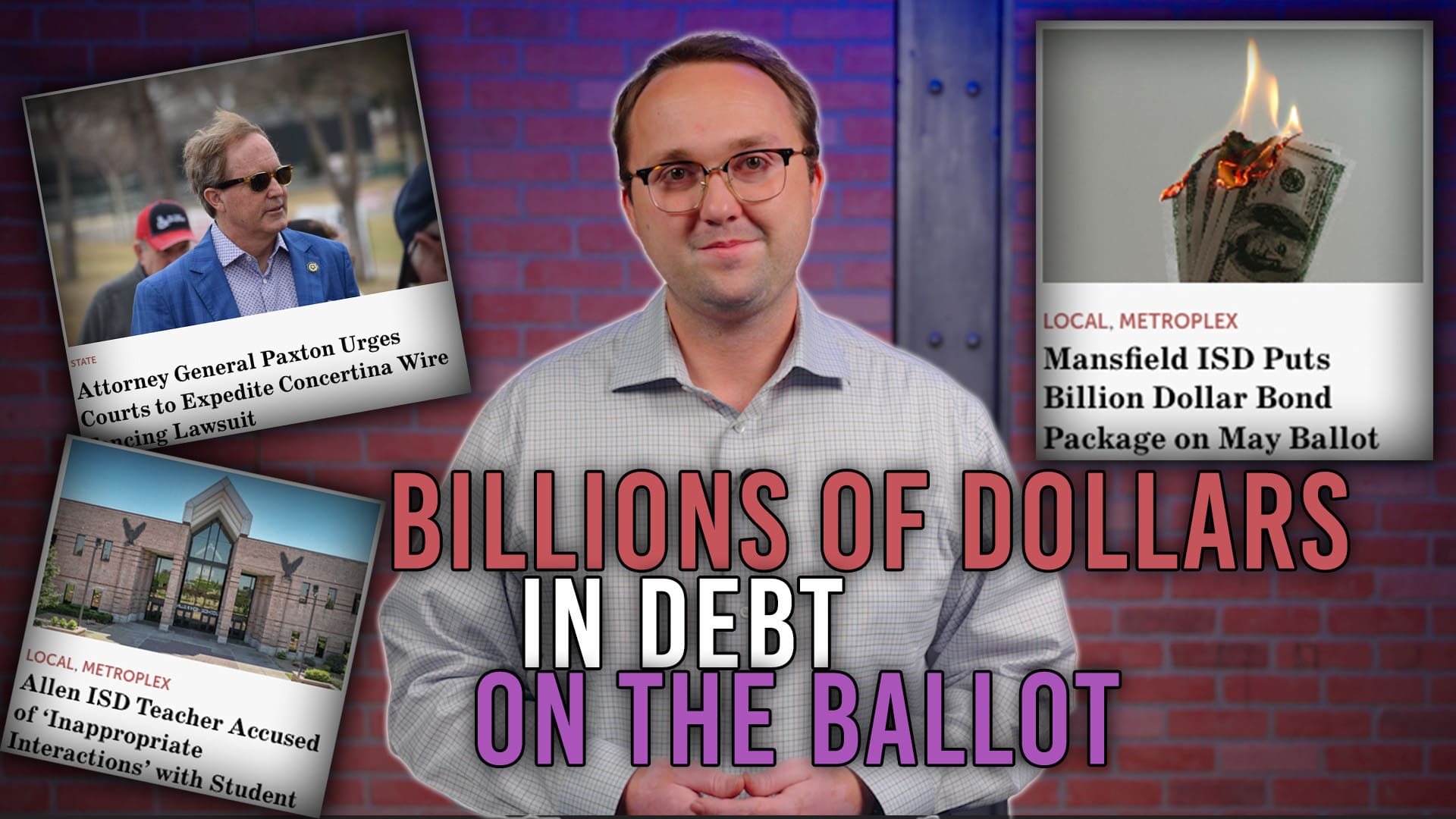Texas is appealing a federal court decision blocking the state’s voter ID law.
Texas Attorney General Ken Paxton filed a request Thursday with the U.S. District Court in Corpus Christi to stay its permanent injunction against the state’s voter ID law, and notified the court that Texas will appeal its decision to the 5th U.S. Circuit Court of Appeals.
Paxton’s action followed a ruling Wednesday from District Judge Nelva Gonzales Ramos that granted a permanent injunction against Senate Bill 14, Texas’ original photo voter ID law enacted in 2011 to prevent voter fraud, as well as revisions to the law contained in Senate Bill 5, passed by the legislature in May of this year in line with an earlier 5th Circuit ruling.
In the state’s motion for a stay pending appeal, Paxton argues that Judge Ramos “wholly ignored strong evidence in the record” showing that SB 5 constitutes an effective remedy to SB 14’s purported discriminatory effect:
“As defendants showed in the briefing… all 27 plaintiffs and voter-witnesses in this case will be able to vote without impediment under SB5. SB5 completely removed the purported deleterious effect of SB14 on every voter that the plaintiffs could find. The Court failed to even acknowledge this evidence, let alone examine it.”
In fact, SB 5 “wholly waives the photo-ID requirement for all persons” without an accepted form of ID under SB 14. SB 5 also allows regular ballots to be cast by reasonable-impediment voters and does not allow for challenging any ballots cast, so there is no possible “lingering burden” on any voters, as the court wrongly concluded.
Paxton further argues that Ramos drew several “purely speculative” conclusions, including
- that the legislature’s enacted remedy (SB 5) is ineffective, even though no supporting proof was offered and evidence to the contrary was submitted;
- that SB 5’s perjury penalty would deter voters and have a disparate impact on minorities, equating a criminal penalty for lawbreaking to “voter intimidation;” and
- that SB 5 “imposes burdens disproportionately on Black and Latino voters,” even though it provides for any voters without photo ID to vote a regular ballot by signing a reasonable impediment declaration.
Ramos’ ruling ignored a July brief filed by the U.S. Department of Justice stating that the legislative fix in SB 5 “eradicates any discriminatory effect or intent” in SB 14, making the voter ID law “constitutionally and legally valid” and leaving “no ongoing violation of federal law for the United States to pursue or the Court to remedy.”
The Public Interest Legal Foundation, a public interest law firm that fights for election integrity, also criticized Ramos’ ruling and said it will offer amicus support on appeal:
“The court has yet again proven all too willing to hand down rulings which beg to be overturned on appeal,” PILF President and General Counsel J. Christian Adams said. “Texas’ voter identification law takes squarely into account the safety net system which the Fifth Circuit recommended be installed last year.”
Paxton summed up in a press statement:
“The outrageous voter ID ruling is an affront to the 5th Circuit and an example of one judge choosing to create the law based on their own preferences rather than apply the law justly and fairly.
“The voting process in Texas demands the highest level of integrity. I’m confident the 5th Circuit will agree with the U.S. Department of Justice, which said it is satisfied the amended Texas voter ID law has no discriminatory purpose or effect.”
UPDATE: AG Paxton filed an appeal with the 5th Circuit on Friday evening.





